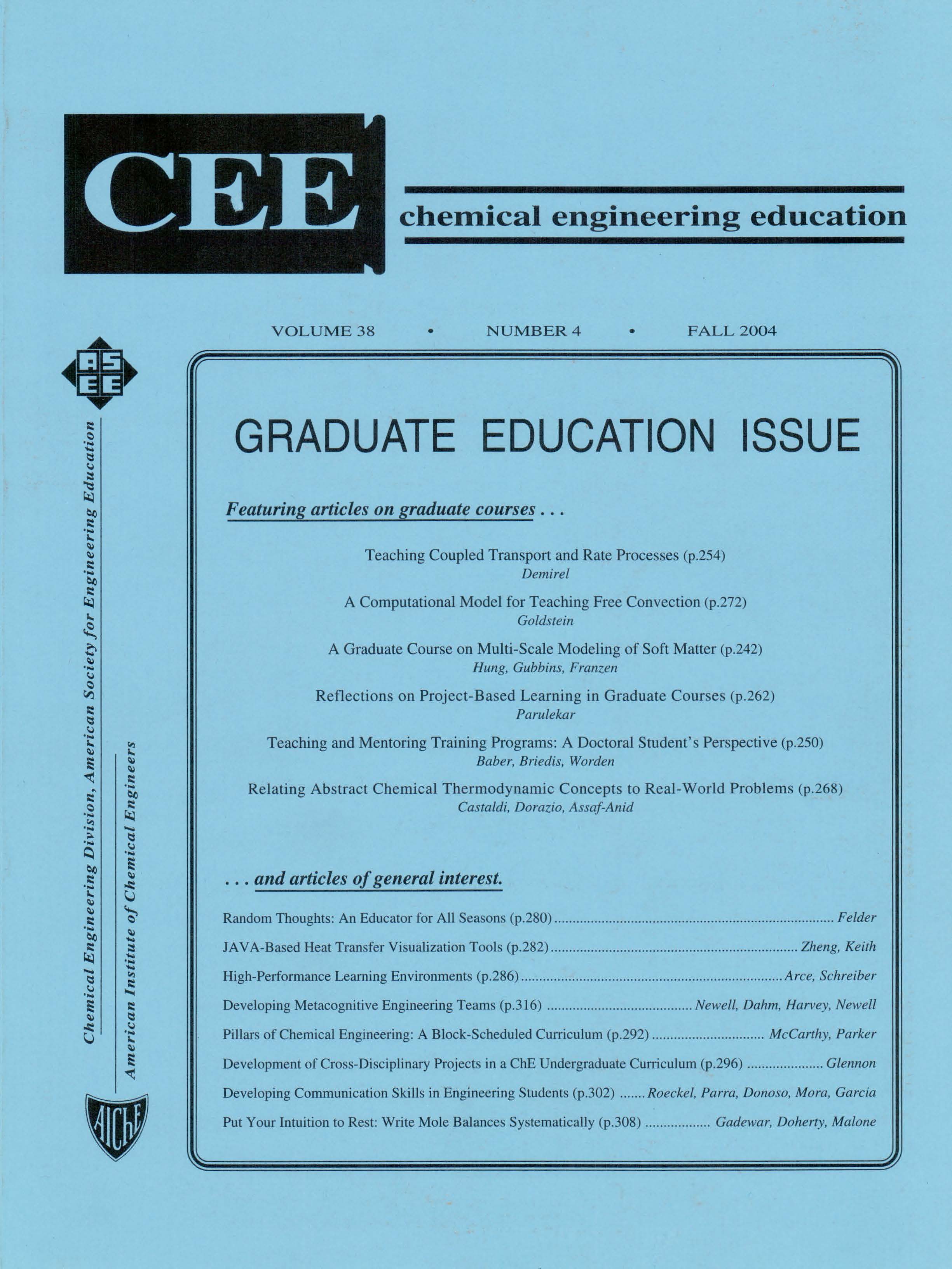Teaching and Mentoring Training Programs at Michigan State University: A Doctoral Student's Perspective
Abstract
In engineering disciplines, the main objectives of doctoral training are to learn how to conduct research, to deepen one's thought process through critical thinking, to apply knowledge to solve complex engineering problems, and to contribute to an area of expertise. Preparation for the teaching component of an academic career is frequently overlooked in doctoral training, however, adversely affecting the quality of engineering education. A lack of experience in effective teaching can present difficult and somewhat overwhelming challenges for new faculty. Thus, some instruction in pedagogy at the graduate level can help improve the transition for new faculty into a scholarly professoriate.
In addition to scholarly research, the College of Engineering at Michigan State University has placed emphasis on the teaching component of graduate training through the development and implementation of a College Teaching Certificate (CTC) program. The objective of this program is to provide doctoral students with training in college teaching that enables them to be successful educators in an academic setting. The program requires successful completion of two courses. The first course introduces students to methods and strategies used to effectively teach engineering students, and the second course allows students to teach in a classroom under the supervision and mentoring of a College of Engineering faculty member. Upon completion of this program, students receive an MSU Certificate in College Teaching, and a transcript notation is also provided.
As a doctoral student interested in a teaching career, author TB has successfully completed all the requirements of this program. This paper discusses her experience as a CTC participant, evaluates the CTC program, and gives recommendations on how it might be further improved and adopted by other institutions. Furthermore, author TB will describe other teaching and mentoring opportunities she has experienced at Michigan State University and how they helped prepare her for a future academic career.


